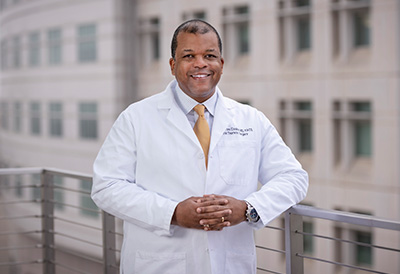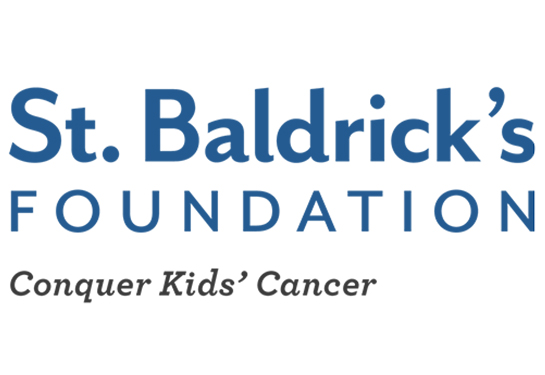Toby Keith’s death shines spotlight on stomach cancer
Cancer center interim physician-in-chief shares the symptoms of stomach cancer and prevention tips
The tragic death of singer, songwriter and country music star Toby Keith, announced Feb. 6, is raising awareness about stomach (gastric) cancer. David Tom Cooke, interim physician-in-chief, UC Davis Comprehensive Cancer Center answers common questions about risk factors, symptoms, prevention and treatment of this deadly disease.
How is stomach cancer diagnosed?
Stomach cancer tends to develop slowly over many years. Early stages of the disease rarely cause symptoms, so it often goes undetected. An endoscopy procedure to examine the esophagus and stomach can catch stomach cancer.
What are the symptoms of stomach cancer?
The symptoms, if they do show up, are included in this list provided by the American Cancer Society:
- Poor appetite
- Unexplained weight loss
- Abdominal pain
- Vague discomfort in the abdomen, usually above the navel
- Feeling full after eating only a small meal
- Heartburn or indigestion
- Nausea
- Vomiting, with or without blood
- Swelling or fluid build-up in the abdomen
- Blood in the stool
- Feeling tired or weak, as a result of anemia
- Yellowing of the skin and eyes (jaundice), if the cancer spreads to the liver
What are the risk factors for stomach cancer?

Stomach cancer is more common in men, than women. They are usually over 60. Often, they are overweight. One of the major risk factors is heavy drinking, which means consuming more than three drinks per day. Tobacco use, including smoking and chewing tobacco, can more than double your risk of getting stomach cancer. Infection with Helicobacter pylori (H. pylori) bacteria is considered a risk factor, along with a family history. Finally, we now know that ethnicity can play a role. Stomach cancer is more common in Latinos, African Americans, Native Americans, Asian Americans, and Pacific Islanders.
What is the best way to prevent stomach cancer?
Along with stopping tobacco use and limiting alcohol intake, diet is critical to helping prevent stomach cancer. Avoid foods preserved with salt such as salted fish and meat as well as pickled vegetables. Processed, smoked or charcoaled meat should be eaten in moderation. Eating fruits, especially citrus fruits, and raw vegetables may lower the risk of stomach cancer. Exercise is always a good idea, too, to keep a healthy weight.
Can stomach cancer be treated successfully?
Yes. The good news is we have emerging treatments for stomach cancer and our specialists often use a multi-pronged treatment approach. This includes surgery, chemotherapy, immunotherapy, targeted therapy based on the molecular profile of the tumor, and radiation. If caught early, stomach cancer can be curable.
For more information or to schedule an appointment at UC Davis Comprehensive Cancer Center, call 800 770-9261 or email cancer.center@ucdmc.ucdavis.edu.
UC Davis Comprehensive Cancer Center
UC Davis Comprehensive Cancer Center is the only National Cancer Institute-designated center serving the Central Valley and inland Northern California, a region of more than 6 million people. Its specialists provide compassionate, comprehensive care for more than 100,000 adults and children every year and access to more than 200 active clinical trials at any given time. Its innovative research program engages more than 240 scientists at UC Davis who work collaboratively to advance discovery of new tools to diagnose and treat cancer. Patients have access to leading-edge care, including immunotherapy and other targeted treatments. Its Office of Community Outreach and Engagement addresses disparities in cancer outcomes across diverse populations, and the cancer center provides comprehensive education and workforce development programs for the next generation of clinicians and scientists. For more information, visit cancer.ucdavis.edu.




